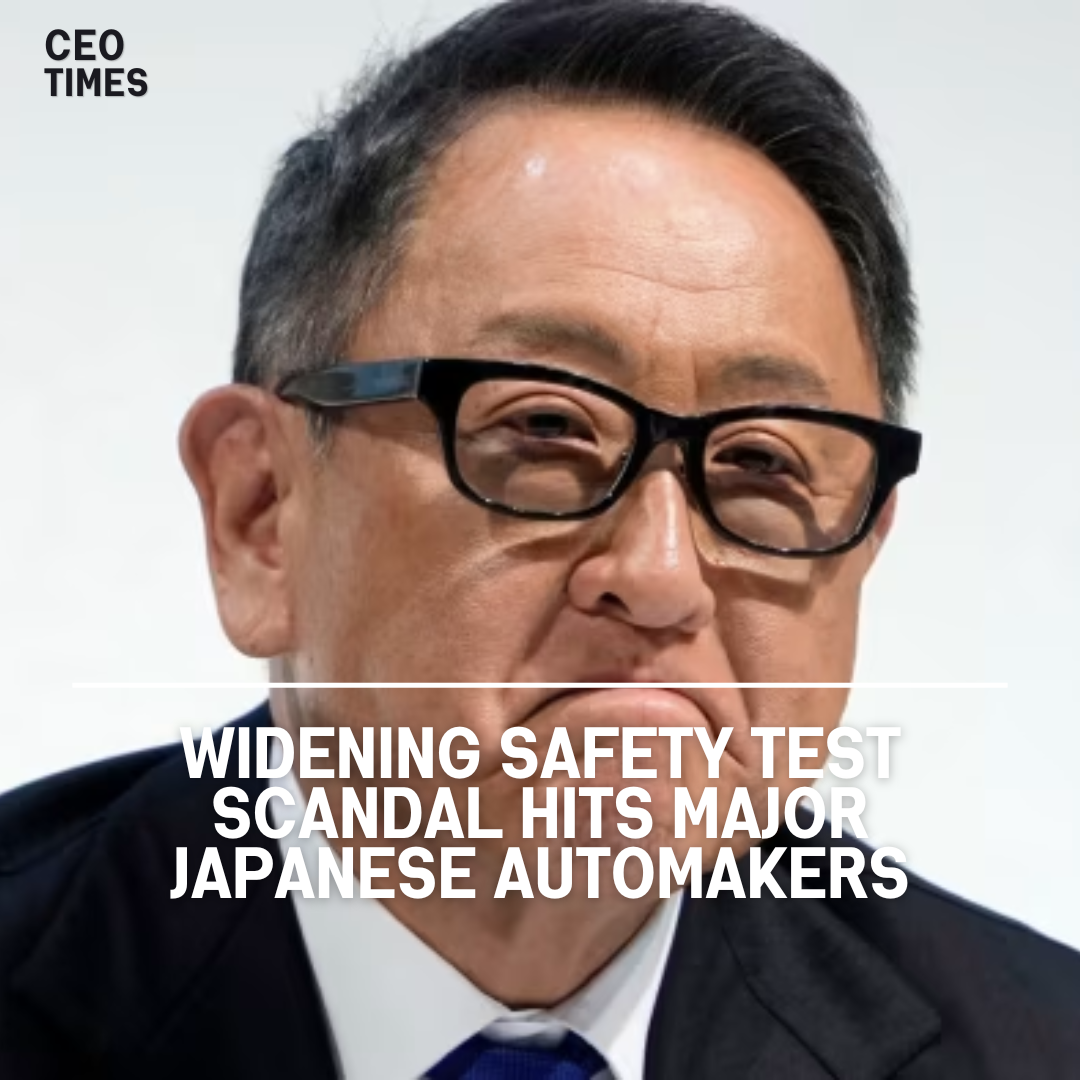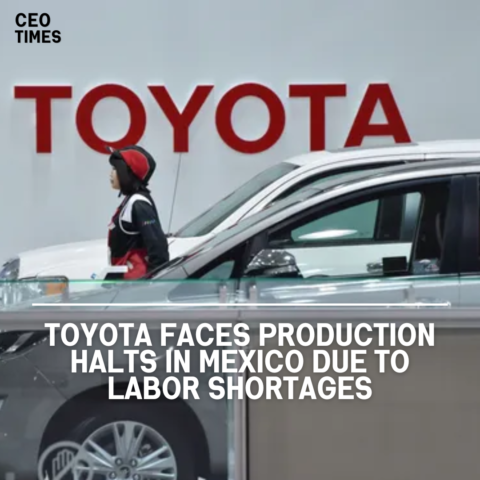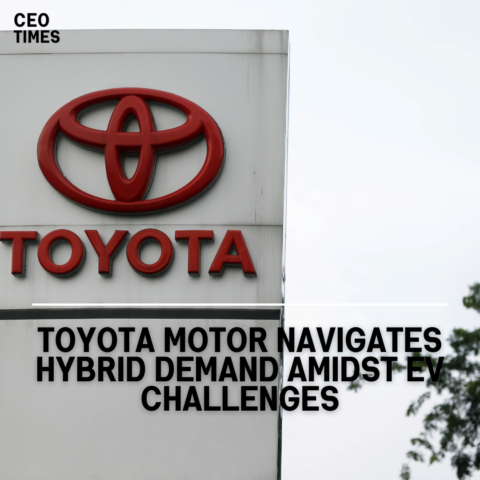The safety test scandal among Japanese automakers has deepened, impacting major companies, including Toyota Motor, Mazda, Honda, Suzuki, and Yamaha Motor. The scandal has led to the suspension of vehicle shipments and heightened scrutiny of corporate governance.
Scandal Overview:
Japan’s transport ministry discovered irregularities in safety certification applications, revealing incorrect or manipulated data submitted by these automakers. This prompted immediate action, including shipment suspensions for certain models.
Immediate Consequences:
- Toyota: Ordered to halt shipments of three car models manufactured in Japan.
- Mazda: Suspended shipments of specific vehicle models.
- Yamaha: Also ordered to stop shipping some models.
- On-Site Inspection: The ministry will conduct an on-site inspection at Toyota’s central Aichi prefecture headquarters.
This scandal follows a similar incident at Toyota’s Daihatsu compact car unit last year. The latest revelations have increased scrutiny on the automakers and are expected to influence Toyota’s annual general meeting.
Corporate Governance Concerns:
Influential proxy advisory firms Institutional Shareholder Services (ISS) and Glass Lewis have recommended shareholders vote against re-electing Akio Toyoda as chairman at Toyota’s annual general meeting. ISS highlighted the “spate of certification irregularities” as a key issue.
Akio Toyoda, the grandson of Toyota’s founder and former CEO, issued a public apology. He acknowledged the failure to follow proper certification processes and expressed regret to customers, car fans, and stakeholders.
Government Reaction:
Japan’s top government spokesperson, Yoshimasa Hayashi, labeled the misconduct as “regrettable,” highlighting the tension between these incidents and Japan’s broader corporate reforms, which investors and executives praised.




















